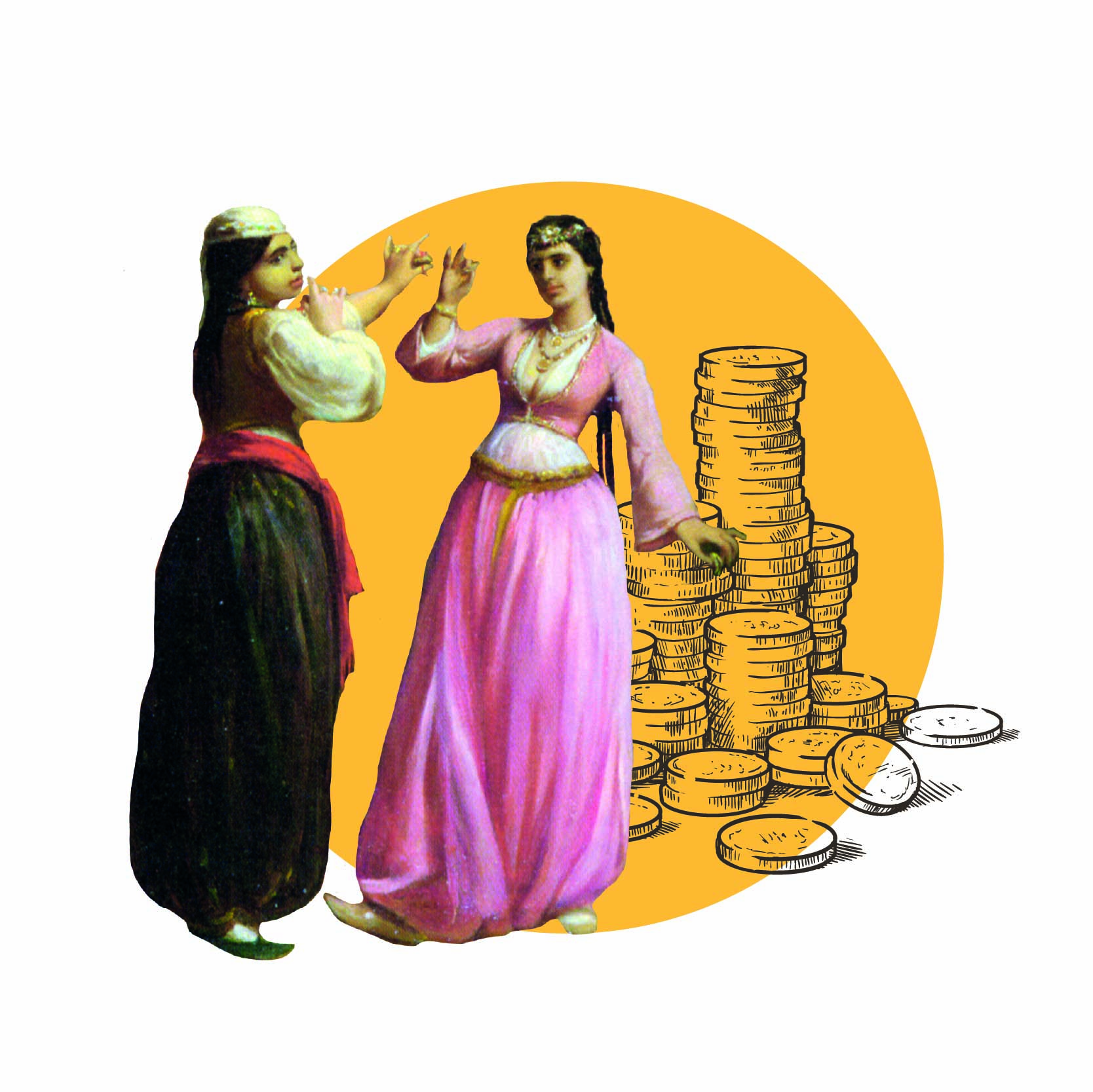
Sultans are its products
The Ottomans traded in human beings and supported "slavery"
They were accustomed to beating slaves, mocking and mistreating them.

They revived "slaveholding" due to its economic return on their treasury.

The data on dealing with slaves in the Ottoman era revealed the extent of the sultans’ insults and passion for slavery and the violation of human rights. What confirms this matter is the amount of hatred and injustice in the Ottomans’ souls towards humanity, and it gives a negative impression of their failure to fight slavery and the serious institutional work to end up the sources of slavery, which is considered shameful to humanity.
The Ottomans did not curb slavery and human trafficking, or enact laws to mitigate this inhuman phenomenon, especially as it was tempting because of the tax revenues that the Ottomans collected from the slave markets when selling slaves. This explains the philosophy of slavery pursued by the Ottoman Empire, as if the enjoyment of enslavement of a person had become an official hobby sponsored by it.
Human rights have been ignored, and human dignity became at a sharp edge. The slave girls were sold in a humiliating manner, and the slave girl might be sold with her faults and illnesses, such as pregnancy, leprosy, Vitiligo and other defects and diseases, without treating her diseases as a human being.
Humanity ceases to exist when slaves are sold in slave markets. This group of people has been exploited in a hideous manner, in cruel occupations, and for degrading purposes. The slaves were subjected to the most unethical dealings, physical and sexual assaults, without mercy or fear of any punishment. In many cases, the matter may amount to killing, especially since there is no protection for them by the Ottomans to deter their aggressors and exploiters.
The Ottomans also assigned slave women to professions that are arduous and tiring, without mercy and relentlessness. They put them in the trades of logging, farming, plowing, and domestic service. Whoever fails to perform her work will be exposed to mocking, ridicule and beatings, and may be presented to slave markets to be sold as a form of punishment and abuse.


1. Ghalib Arabiyat, “Slaves and Maidservants in Ottoman Jerusalem,” (Al-Manara Magazine, Vol. 23, No. 4, 2017).
2. Abd Al-Salam Al-Termanini, Slavery, its past and present, 3rd Edition (Damascus: Dar Tlass, 1997).
3. Lawrence Nader, The Status of Slaves in the Arab States during the Ottoman Era 1188-1273 AH / 1774-1856 AD, (Ph.D., Damascus University, 2012).

